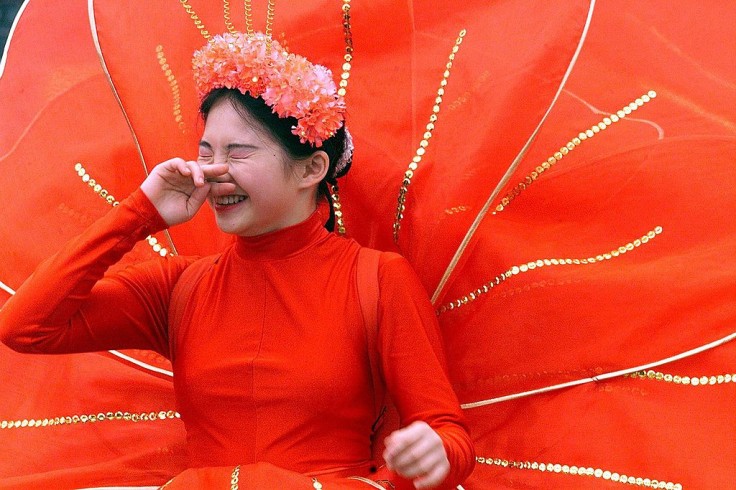
Allergy season during the spring and summertime has always placed children and adults with allergies on the defense, but scientists warn that allergy sufferers could experience more sneezing fits and allergy attacks now. This is because climate change has intensified the presence of pollen in the environment more than ever before.
Clinical allergist and immunologist Dr. Anilkumar Katta of Boston's Tufts Medical Center said that pollen season is not only getting worse but also starting earlier. Speaking with Wicked Local, the scientist said that there are records as far as the 1900s indicating how pollen season has extended to 18 to 21 days in recent times.
"Climate change does have an effect on trees -- how they bloom, and also, the allergenicity of the pollen is higher," the expert said.
Allergy medical director Dr. Stephen Krinzman agrees with Katta and said that he's also aware of substantial data on how climate change has affected allergy season in North America. He explained that as the temperature rises in the spring and summer, the trees start pollinating earlier. The presence of carbon dioxide in the air also triggers more pollen production.
In some cases, however, climate change has also brought on increased rainfall during the dry seasons, leading to the growth of molds indoors because of the poor air quality. Molds are also allergens.
Allergy Season: Greater Risk that Changes Year After Year
A study from 2020, published in the journal PNAS, cites the role of climate change in driving the increase of airborne pollen. While the scientists said that its long-term impact is not yet well-understood, they warned that by 2040, the pollen count in the air could double compared to the pollen count from 2000.
This means that 20 percent of the population in North America, both kids and adults, will be at greater risk of allergy attacks year after year. Each year will also bring a different result. Children and adults with allergies might have sneezing fits at one time and stuffy noses at another time. In some cases, allergy sufferers might be forced to stay at home rather than go to school or work because the attacks are intense.
A recent survey of 2,000 individuals by Harris Poll for HealthDay showed that 74 percent of the respondents experienced sneezing episodes this spring season, which has affected their daily activities. Nearly 1,500 of the respondents agreed that their seasonal allergies have intensified, with some people saying that it feels like it's all year-round.
How Can Allergy Sufferers Manage?
In the past, allergy sufferers take their antihistamines or immunotherapy shots at predictable schedules. This time, the experts advised taking their treatments as early as possible instead of waiting until the symptoms turn bad.
Aside from taking medications earlier before the onset of symptoms, the health experts said that it will still help to wear a face mask if they are outdoors or in crowded places, per Fox 5 San Diego. The experts also said allergy patients must consult with a specialist to determine the best course of treatment for their attacks as there are various options other than antihistamines.
This year, allergy season has one other complication as its symptoms may seem like COVID-19. However, the Los Angeles Public Health Department experts said that allergy attacks would induce itchy and watery eyes that don't happen with COVID-19. Seasonal allergies will also not lead to shortness of breath unless the person has asthma or a respiratory condition.